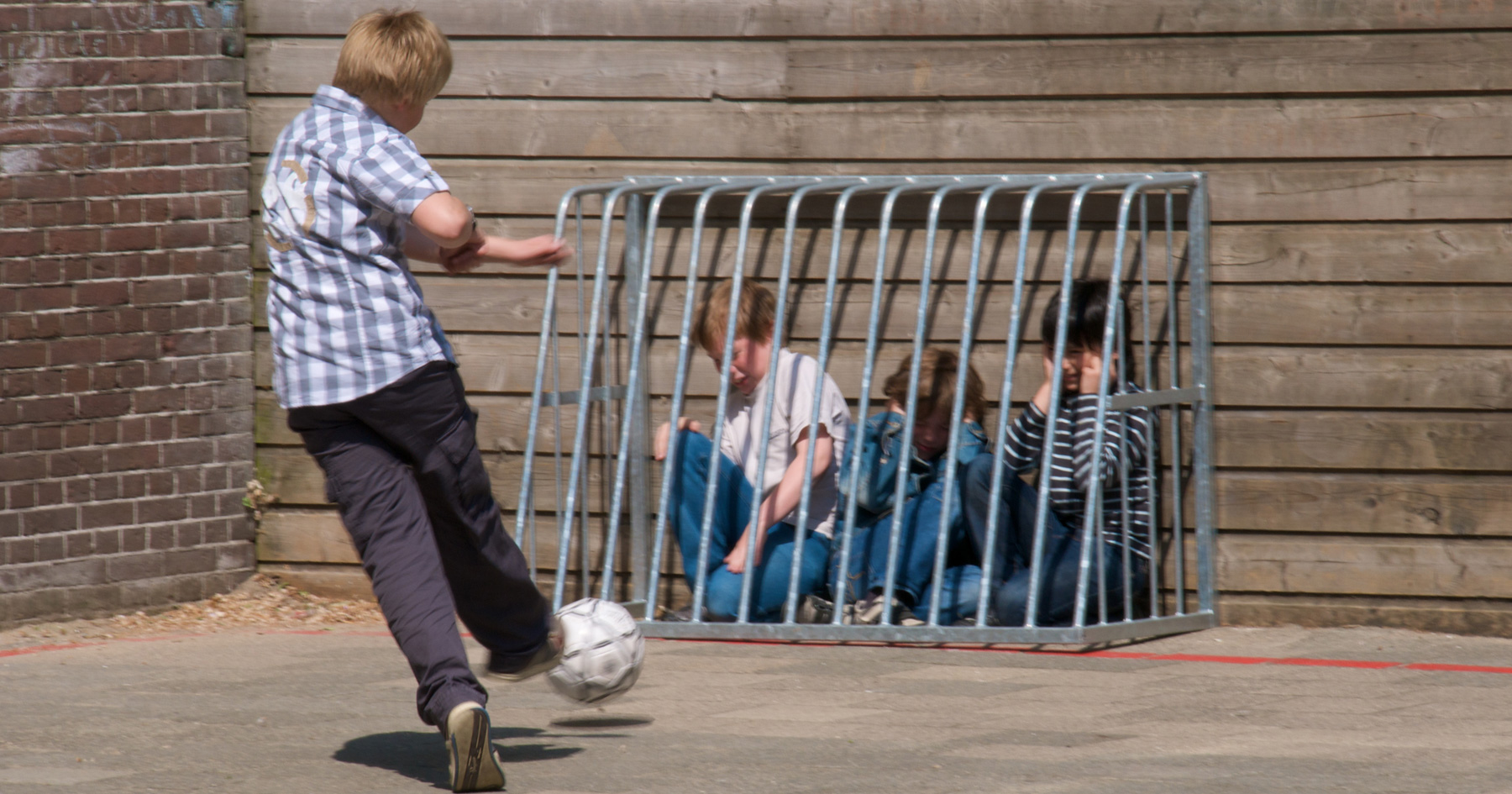Therapist Reveals How Being Bullied as a Teen Impacts Your Adulthood

By:
Childhood bullying can impact the way people view themselves as adults, according to research. But one family therapist has finally put an identifiable label on the lingering effects of childhood harassment, adult post-bullying syndrome (APBS).
 Flickr/Thomas Ricker - flic.kr
Flickr/Thomas Ricker - flic.kr
Family therapist Ellen Walser deLara introduced the idea of APBS in her book "Bullying Scars," which was released in May and explores the long-term consequences of bullying. She found that many of her interviewees who had been bullied as children had self-esteem issues, difficulties trusting others, mental health issues, a tendency towards people pleasing, a reliance on food, or substance abuse issues. Though deLara isn't aiming to get APBS placed in the Diagnostic and Statistical Manual of Mental Disorders or anything of the sort, she told Slate that she believes more than a third of the formerly bullied kids she interviewed for her research displayed signs of APBS.
People with APBS have parallels to those suffering from Post-Traumatic Stress Disorder (PTSD), such as substance abuse and self-esteem issues, but people with APBS don't necessarily experience angry outbursts as much as those with PTSD. People with APBS, she explained, experience more of a slow burn and hold onto what happened to them for a long time.
“Those with PTSD have internalized their trauma such that it has affected their nervous system,” deLara told Slate. “People with PTSD react immediately because their triggers are basically telling them they need to protect themselves against harm.”
Studies have shown that bullying can have long-lasting effects on the confidence of victims, too.
Those who have experienced childhood bullying may struggle holding down work and maintaining solid relationships as adults, according to a study published in August 2013 for Psychological Science. Dieter Wolke, one of the researchers of behind the Psychological Science study, co-authored a similar study in The Lancet journal in April 2015 suggesting that victims of childhood bullying are more likely to experience mental health issues as adults than children who were abused in some way as kids.
"[Bullying] really does knock your self-esteem and how you approach people," Wolke told ATTN: in May 2015. "If you get bullied for a long time, you don't trust other people. We also found in [the Psychological Science study] that you're less likely to [be able to] work in teams, to find a partner, to trust others, [and more likely to] leave a job sooner because you don't like the conflict."
[H/T Slate]
